Meta, the parent company of Facebook and Instagram, is seeking federal approval to trade electricity, a move aimed at accelerating the construction of new power plants needed to provide energy for its data centers. According to Bloomberg, Meta and Microsoft have submitted applications to the Federal Energy Regulatory Commission (FERC) to become wholesale electricity market participants. This would enable them to buy and sell electricity on the wholesale market, allowing them to make long-term commitments to purchase electricity from new power plants while mitigating the risk by reselling some of that power.
Meta's head of global energy, Urvi Parekh, told Bloomberg that the company's involvement in electricity trading is crucial in driving the development of new power plants. "Power plant developers want to know that the consumers of power are willing to put skin in the game," Parekh said. "Without Meta taking a more active voice in the need to expand the amount of power that's on the system, it's not happening as quickly as we would like." Parekh emphasized that Meta's involvement in electricity trading would help to alleviate the risk associated with investing in new power plants.
The need for new power plants is driven by the rapid growth of Meta's data center operations, particularly in Louisiana, where at least three new gas-powered plants will be required to power the company's data center campus. Bloomberg notes that this is just one example of the unprecedented energy needs underlying tech companies' ambitious AI data center plans. The increasing demand for electricity from data centers has significant implications for the energy market, with potential impacts on wholesale power prices and the development of new power generation capacity.
Meta's move into electricity trading is not unprecedented, as Apple has already received federal approval to trade power. However, Meta's involvement in the wholesale electricity market marks a significant shift in the company's energy strategy, which has traditionally focused on reducing its energy consumption through efficiency measures and renewable energy investments.
The approval process for Meta's application is ongoing, with FERC expected to make a decision in the coming months. If approved, Meta's electricity trading activities could have a significant impact on the wholesale power market, potentially influencing wholesale power prices and the development of new power generation capacity. As the energy needs of tech companies continue to grow, Meta's move into electricity trading highlights the importance of innovative solutions in meeting the demands of a rapidly evolving energy landscape.
In a statement, Meta emphasized its commitment to reducing its carbon footprint and promoting sustainable energy practices. The company has set a goal to power 100% of its operations with renewable energy by 2025, and its involvement in electricity trading is seen as a key step in achieving this goal.



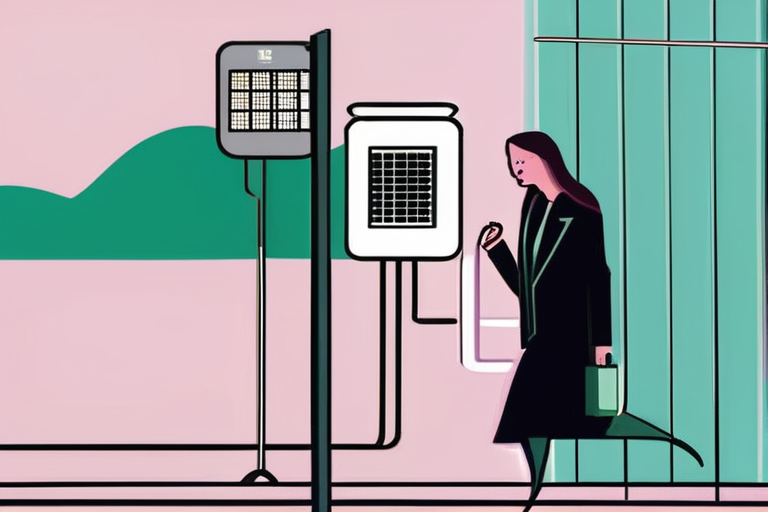



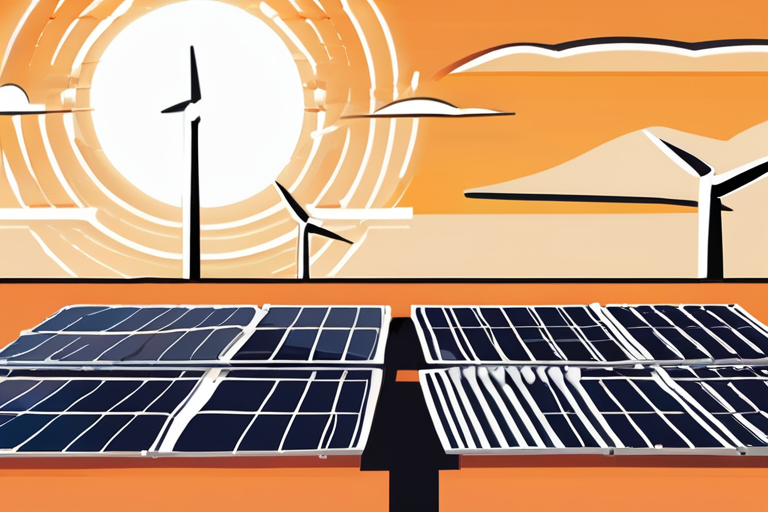



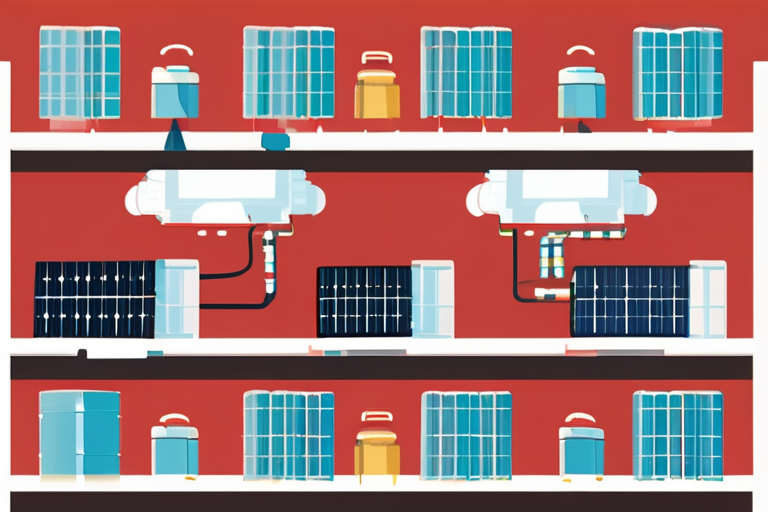





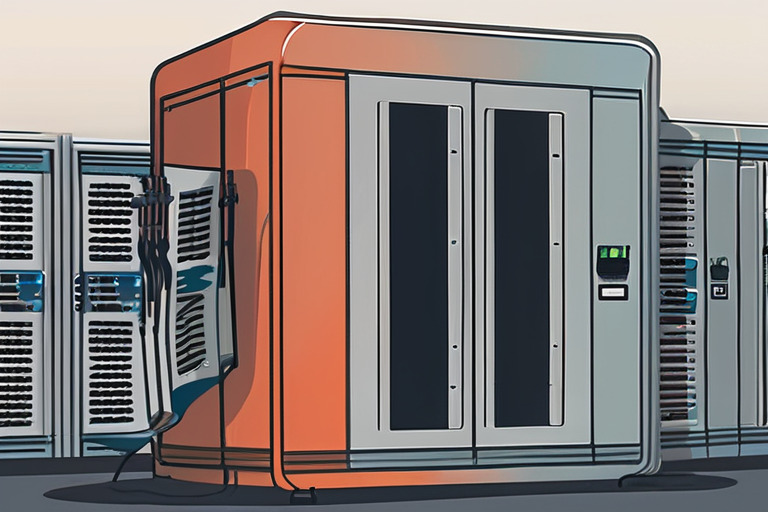
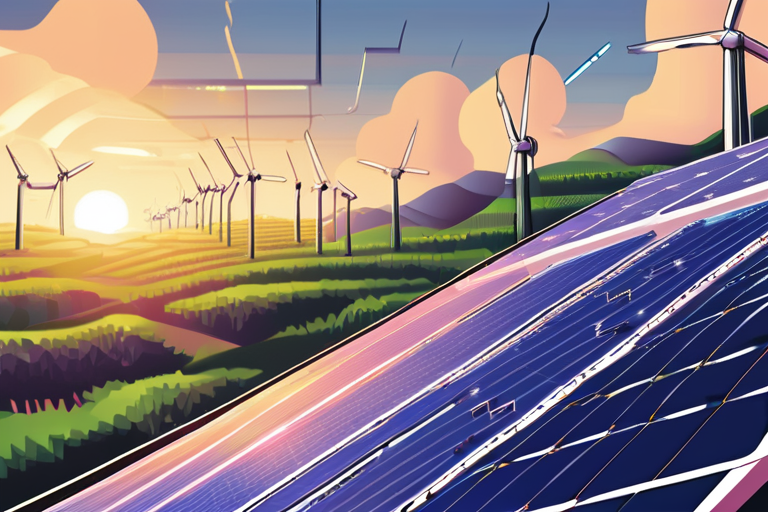

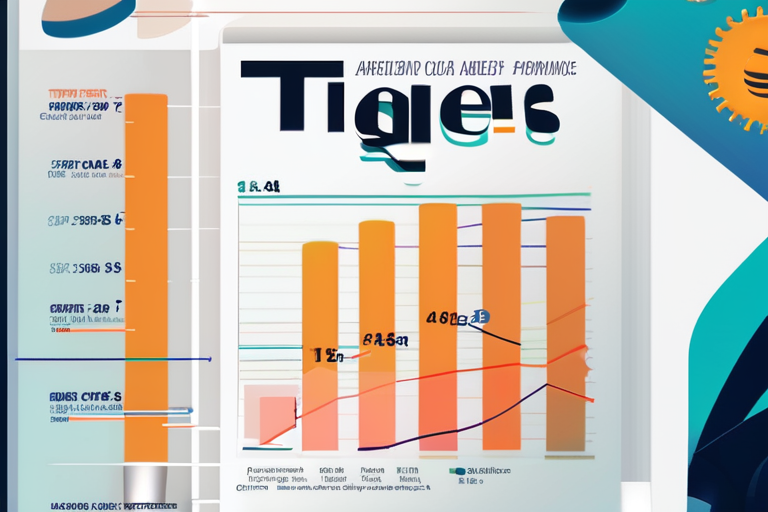


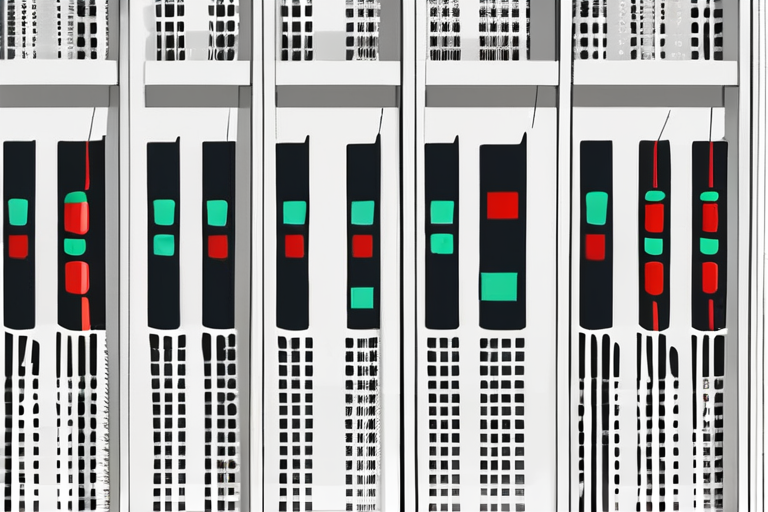



Share & Engage Share
Share this article